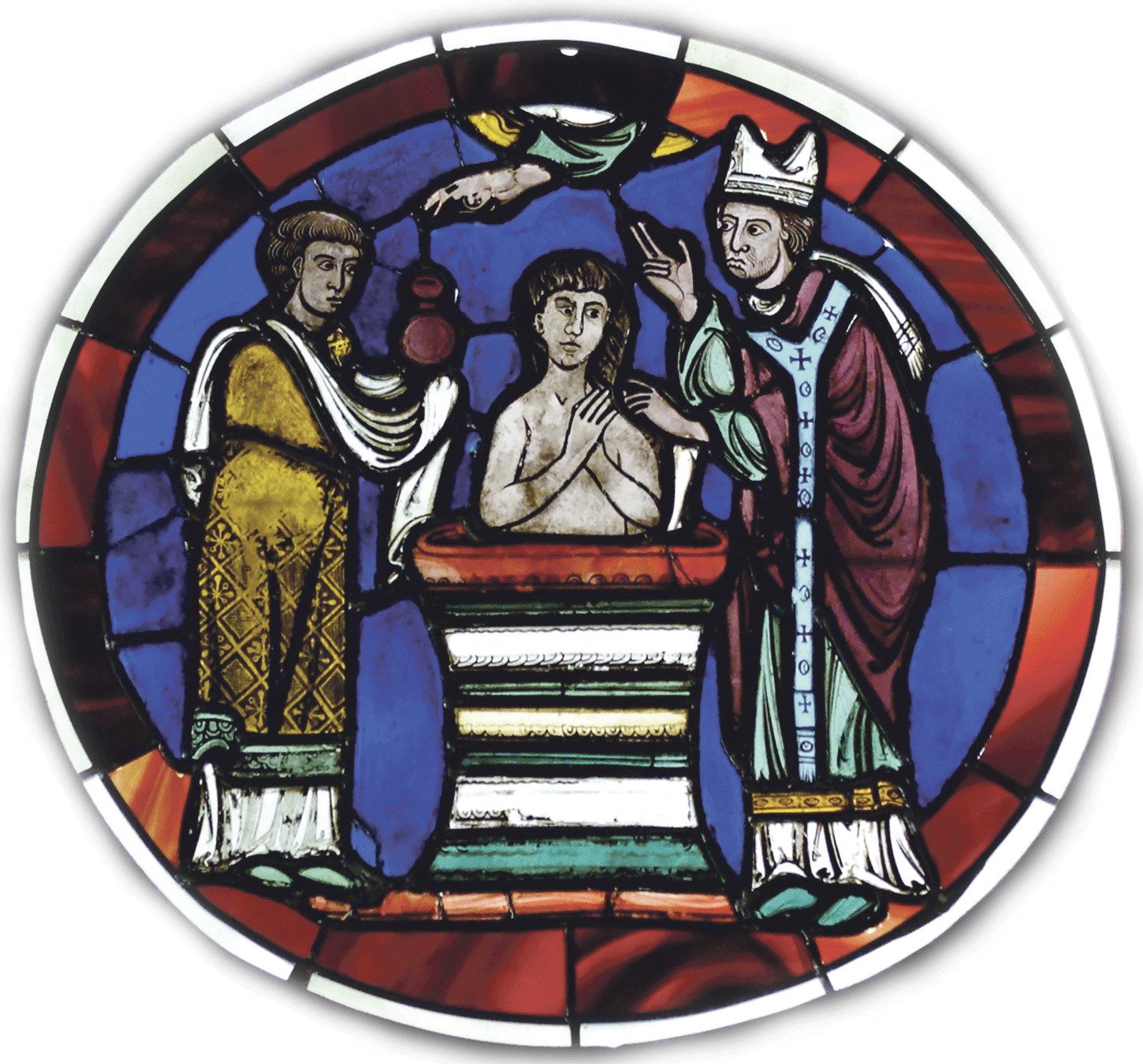 October 2014
October 2014
Feature
Fr Patrick Bridgman
Is that the way we do things in the Church now? I thought confirmation came after First Communion. Why was a priest celebrating a wedding in the park on Saturday?
Yes, times have changed, as they always do, and as we saw when Pope Francis officiated at the marriages of 20 couples from various states of living. In the coming issues of Wel-Com we will briefly explore the Sacraments as celebrated today. This won’t be an exhaustive study, just a taster! Maybe it will encourage some to take a course at The Catholic Institute of Theology (TCI)!
Through Baptism we come to share in the life of Christ. It is ‘the basis of the whole Christian life, the gateway to life in the Spirit, and the door which gives access to the other Sacraments.
Through Baptism we are freed from sin and reborn as children of God,’ (Catechism, #1213). Baptism is essential for Christian life for through it we are incorporated into the Church, which is the living Body of Christ.
On Sunday, in St Anne’s Parish, Newtown, Angus was baptised. With him were his Mum and Dad, his Grandma and Granddad, his Aunty and a friend, while surrounding him was his new family; the parish, the People of God. Some people are surprised when a four-year-old comes to be baptised. Isn’t Baptism for babies? Well it can be, but it can be celebrated at any age, and in fact today the ‘model’ form for Baptism is the Rite of Christian Initiation of Adults (RCIA). How did this come to be?
Baptism has never been celebrated in a uniform manner. Following the various cleansing rituals in the Jewish and other ancient Middle Eastern traditions, the Scriptures speak of the baptismal action of the disciples following the example and command of Jesus to ‘go baptise all nations in the name of the Father and of the Son and of the Holy Spirit’ (Matt 28:18-20).
Adults were the first to be baptised. They heard the words of Christ; they saw the life of the disciples and desired to follow this ‘way’, to live as part of this community; as members of this Body. Following Emperor Constantine’s Edict of Milan 313AD Christianity became an accepted faith and soon thousands converted. The process of initiation collapsed and people were often ‘just’ baptised.
As the rituals of Baptism progressed through the ages, the Sacrament came to be celebrated by full immersion in baptismal pools within the Church complex. For decency’s sake baptisteries were built. Following the baptism the newly initiated re-entered the church proper and the Bishop, who was presiding over the Easter Liturgy, would confirm the baptism – which had occurred out of sight – with the Oil of Chrism. Then together all would approach the altar to celebrate the Eucharist as the growing Body of Christ.
Once Christian communities stabilised there were less adults to be baptised. Yet families wanted their children to share fully in the life of faith and, therefore, child baptism grew. By the twentieth century adult baptism was generally only for those wishing to marry a Catholic and ‘instruction’ occurred one-to-one with a priest. Anecdotally, in New Zealand, many an evening instruction focused on rugby, sailing, or racing rather than the faith itself.
The fruit of the 20th Century Liturgical Movement discovered again the gradual process of initiation of adults within the faith community, which, following Vatican II, was promulgated as the RCIA. People were no longer to be ‘just’ baptised. Rather they were invited to grow into disciples of the Lord with the community of faith surrounding them. Such a process is also to be available to children of a school age, while for younger children it is the parents and sponsors who receive baptismal education in faith.
Baptism has claimed Angus for Christ by the signing of the Cross. Baptism has strengthened and protected Angus with the Anointing of the Oil of Catechumens. Angus heard the parish community proclaim their faith and he received new life through the waters of Baptism. He was clothed with Christ in a white garment, and anointed as a Temple of God’s Spirit by the Oil of Chrism. Angus received the light of Christ as a newly enlightened child of the Light. Angus is a beloved baptised child of God. Our prayer for him and for all the baptised is that we will grow to experience ever more the love of Christ in which we dwell.
Fr Patrick Bridgman works in sacramental ministry at St Anne’s Parish Newtown. He is the Wellington Hospital Chaplain and the Archdiocese’s Liturgy adviser. He also teaches Sacrament and liturgy courses at The Catholic Institute.